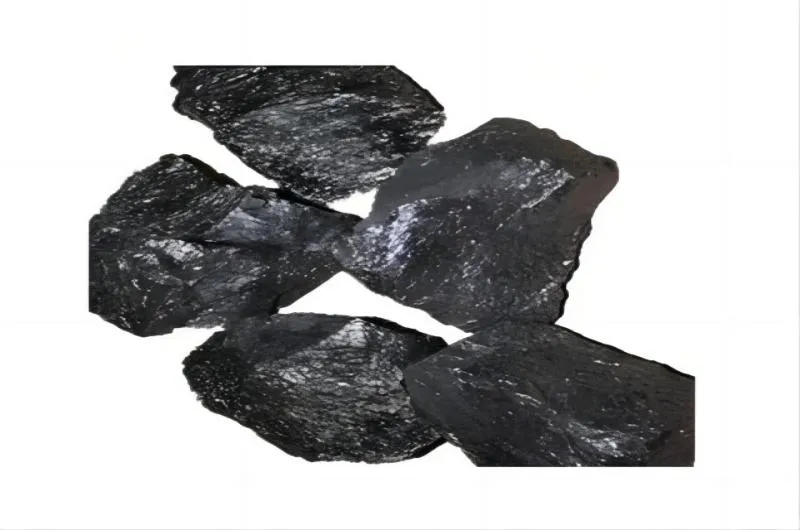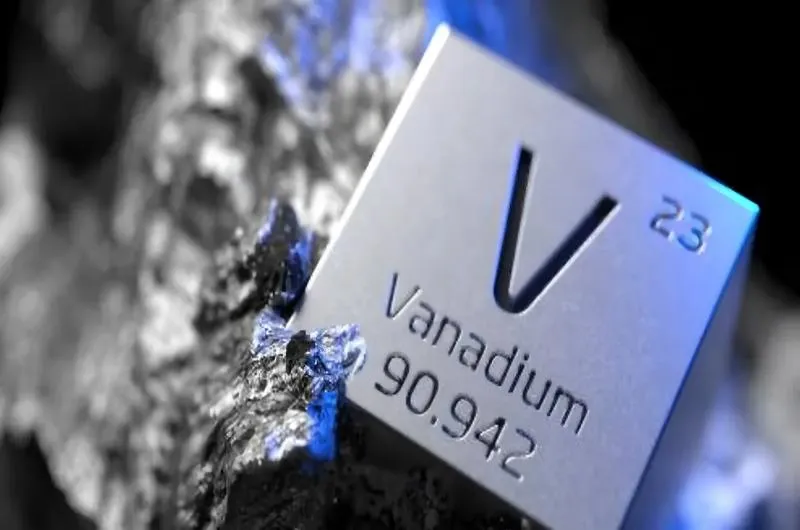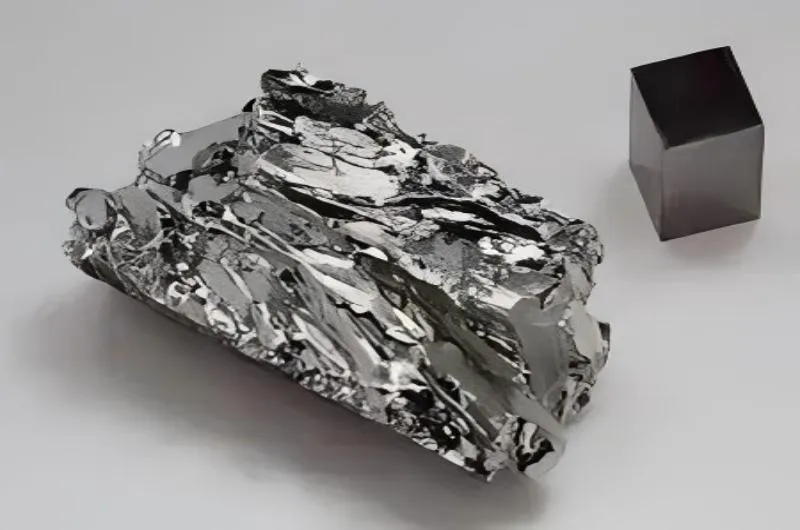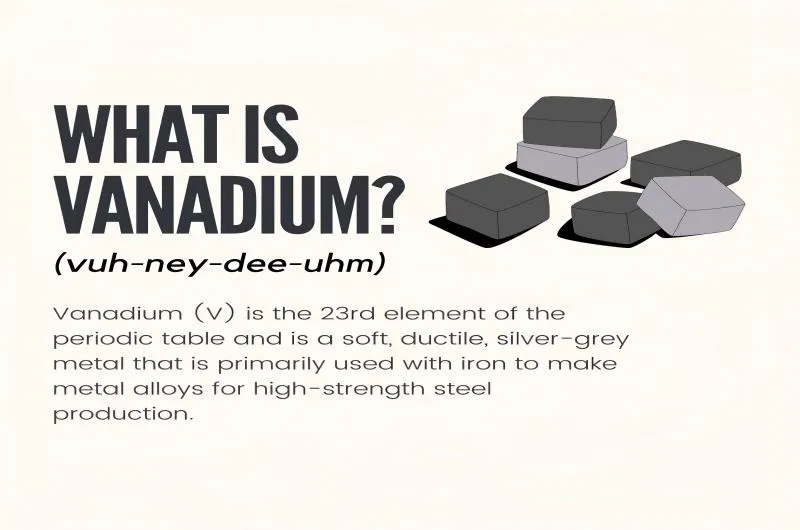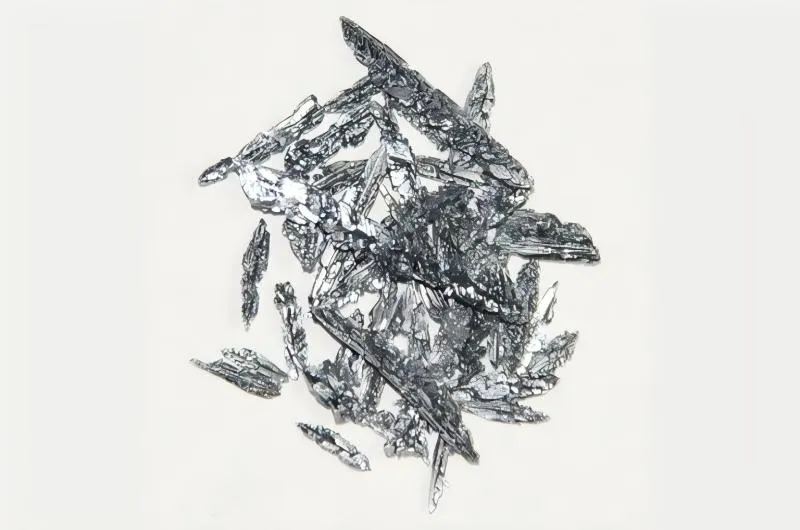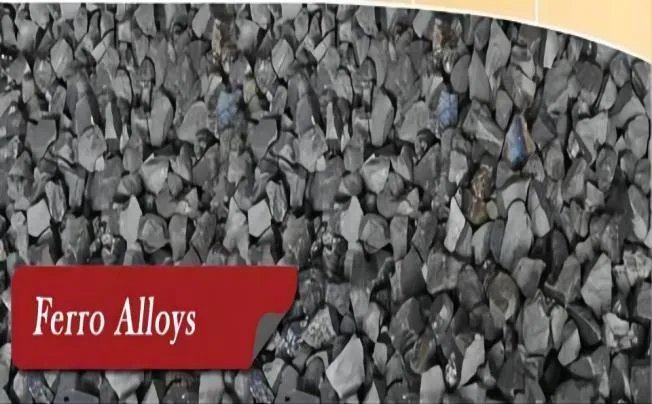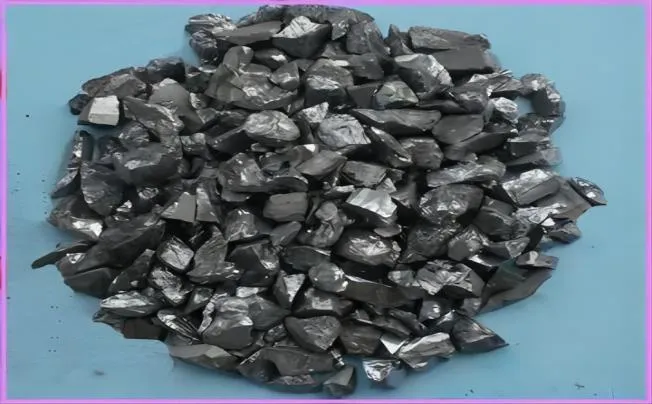BY  GENN
GENN
2024/03
Blog
Does Titanium Rust Easily?
What Is Ferrotitanium?
Ferrotitanium is an iron and titanium alloy with a typical titanium content of 15% to 45%. used in the steelmaking process as a steel cleaner. Titanium is important for deoxidation, desulphurization, and denitrification in the steelmaking process because of its high reactivity with sulphur, carbon, oxygen, and nitrogen. This reactivity allows titanium to produce insoluble compounds and sequester them in the slag. Steel becomes a metal with a finer grain structure when titanium is added. Ferrotitanium models include 30, 40, 70, etc.
Iron and titanium scrap can be combined to create ferrotitanium, which is then melted in an induction furnace. In order to improve the strength, hardness, and resistance to corrosion of steel and cast iron, it is also added throughout the production process. Furthermore, because ferro titanium may enhance a product’s performance at high temperatures, it finds application in the automotive, aerospace, and construction industries.
In addition, ferrotitanium powder is well-known for its application in pyrotechnic compositions. Additionally, it is employed in the creation of alloys to boost their machining capabilities and resistance to wear. Ferro titanium is frequently used in tool and stainless steels in the steel industry, where it strengthens, boosts mechanical characteristics and improves corrosion resistance.
Overall, because of its special qualities and reactivity with other elements, ferrotitanium is essential to the manufacturing of alloys, steel, and other industrial applications.
Does Titanium Rust Easily?
Titanium is resistant to rusting. Titanium develops a thin, airtight oxide coating that is resistant to corrosion in practically all natural environmental conditions when it is exposed to oxygen in the air or water. Titanium is extremely resistant to deterioration under a variety of circumstances because of this oxide coating, which guards against rust and corrosion.
Furthermore, titanium’s remarkable resistance to corrosion is facilitated by the oxide film that forms on its surface instantly, blocking the flow of oxygen and oxidation.
Crucially, unlike metals containing iron, pure titanium does not rust. Titanium rust is an obvious sign that a material isn’t pure titanium—rather, it’s been combined with other metals. Nonetheless, pure titanium’s resistance to rust is mostly due to its strong oxygen reactivity and capacity to create an oxide layer of protection.
In conclusion, titanium is extremely resistant to rust and corrosion, especially when compared to metals that include iron, thanks to its naturally occurring oxide layer and highly reactive and resilient nature.
Applications Of Ferrotitanium
- Steelmaking: Ferrotitanium is a cleaning agent for iron and steel used in steelmaking. Because of its high reactivity with sulphur, carbon, oxygen, and nitrogen, the titanium in ferrotitanium forms insoluble compounds that are trapped in slag. In the steelmaking process, it is employed for deoxidizing, desulfurizing, and denitrogenating. By adding titanium, the metal has a finer grain structure, which enhances the steel’s mechanical qualities.
- Pyrotechnics: One reason ferrotitanium powder is employed in pyrotechnic applications is that it can be used as fuel in some pyrotechnic compositions.
- Alloying: High-grade steels and alloys are alloyed, deoxidized, and gassed using ferrotitanium. It is added to alloys to enhance their resistance to wear and to increase their manufacturing qualities.
- Production of Structural Steels and Welding Electrodes: Titanium is utilised in the production of heavy-duty structural steels and welding electrodes. High-grade steels and alloys can be alloyed, deoxidized, and gassed with ferrotitanium to increase their strength, mechanical characteristics, and corrosion resistance.
- Ferrotitanium preparation: Ferrotitanium can be made with ilmenite that has undergone varying degrees of reduction. This process results in ferrotitanium which has higher grades of titanium and iron, less oxygen, and uses less aluminium in its manufacturing.




